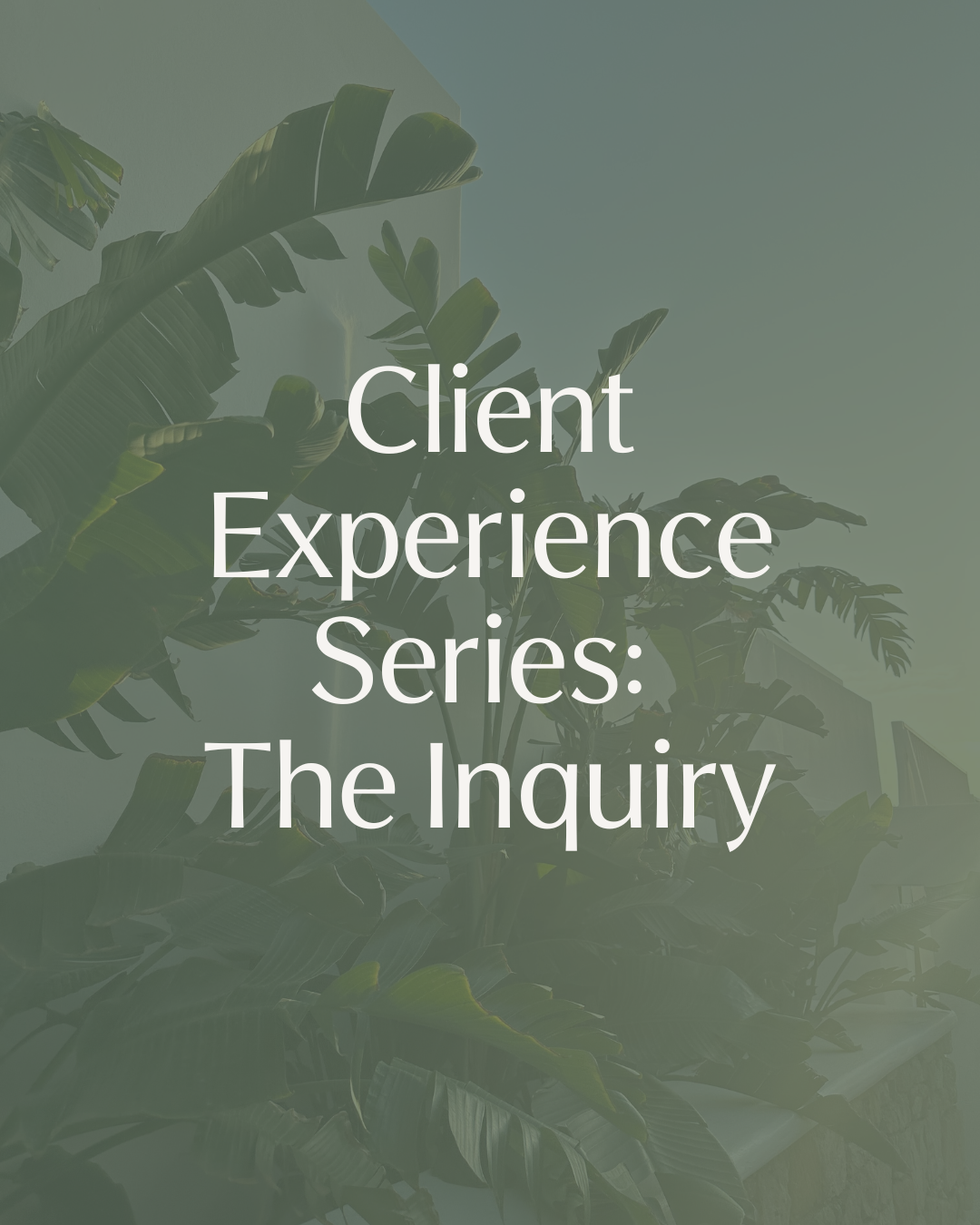So many advisors mention that they feel like they need to hire to grow, or they need to sell luxury, or that they need to ….insert any traditional response here… to be successful in the industry. BUT success looks different for everyone- to some, it may be monetary, to some it will be size, and to others, it will look like notoriety. What drives you does not necessarily drive the advisor next to you.
So how do you know what you want out of your business long-term? That’s the question that we’re going to dig into in this post. We’re outlining the roadmap to help you discover and clarify what you want out of your business, as well as how to create the goals that will get you there.
Every Travel Advisor Has A Different Business Approach
Travel agents have various business models, leading to diverse long-term visions of success among advisors. These differences arise from factors such as business model, as well as fulfillment needs and financial goals.
For some travel advisors, long-term success looks like maximum profitability, while others may seek to create notoriety through a recognizable brand. Others may seek to meet emotional goals through mentorships and growing a team. Everyone is motivated differently, and therefore the no two visions may look the same.
Start With A Foundation Of Values
Defining your company’s core values isn’t just a box to check—it’s a strategic move that can have a profound impact on your long-term vision and success. These values serve as the bedrock of your organization, guiding your decisions, actions, and interactions with clients and audiences. They are more than just words on a mission statement; they are a promise and a commitment to your audience and client base.
Why are core values so crucial? One fundamental reason is that they foster trust. When your core values align with the beliefs and expectations of your clients and audience, it creates a powerful bond built on shared principles. This alignment not only strengthens relationships but also enhances loyalty. Clients and organizations are more likely to choose and stick with service providers or partners whose values mirror their own. In essence, core values become the foundation upon which long-term visions of success are built, ensuring that your path forward is not only guided by your goals but also by your unwavering commitment to what truly matters.
Curate A Vision & Mission
Crafting a compelling vision and mission is imperative for the long-term vision and success of your company. These statements serve as the beating heart of your organization, providing clarity, purpose, and direction that extend far beyond the confines of a corporate boardroom.
At its core, articulating your vision and mission provides your business with a sense of purpose. It’s like setting out on a journey with a clear destination in mind. Your vision statement paints a vivid picture of the future you aspire to create, serving as a source of inspiration that fuels your team’s dedication and determination. Simultaneously, your mission statement defines the path you’ll take to reach that destination, outlining the actions and values that guide your daily operations. This framework becomes the touchstone for consistent decision-making, helping you navigate the complexities of the business world with confidence and conviction. It ensures that every strategic choice you make is in alignment with your long-term vision, ensuring that you’re always moving forward with a sense of purpose and direction.
Assess The State Of The Business
Assessing the current state of a travel advisory business involves conducting a comprehensive SWOT analysis to evaluate internal strengths and weaknesses and external opportunities and threats. Additionally, gathering feedback from existing clients, analyzing financial statements, and conducting market research are crucial steps in understanding the business’s current position and identifying growth opportunities.
Setting goals for a travel advisory business is equally important and should be done with specificity, using the SMART (Specific, Measurable, Achievable, Relevant, Time-bound) framework. These goals can encompass client retention, service expansion, marketing efforts, financial targets, operational efficiency improvements, and professional development. Assigning timelines and regularly reviewing progress against these goals ensures accountability and helps align the business with its long-term vision and mission statement, reinforcing its sense of purpose and direction.
Plan For Growth & Develop An Action Plan
To plan for growth and develop a strategic action plan, it’s essential to begin by conducting thorough market research to identify opportunities based on market trends, client demands, and competitive analysis. Once this information is gathered, it’s crucial to create a detailed timeline that outlines incremental steps towards your growth goals. This timeline should encompass necessary changes in team structure and technology to align with the envisioned growth trajectory. By setting clear deadlines for implementing these changes and continuously measuring progress, your business can effectively chart a course towards sustainable growth.
Define Metrics To Measure Over Time
To effectively evaluate progress over time, it’s essential to define and measure the specific metrics that align with the goals you’ve set. These metrics should be directly related to what you aim to achieve and what insights you intend to gain from the data. Importantly, focus on measuring aspects that will inform actionable decisions or behavior changes; otherwise, it’s a less valuable investment of your resources. It’s advisable to avoid overwhelming your business by setting an excessive number of ambitious goals each year, as this can lead to inefficiency and dilution of efforts. Instead, prioritize meaningful and impactful metrics that directly contribute to your long-term vision and mission.
Want to hear more? Listen to episode 48 of Tique Talks!






Comments +